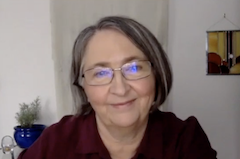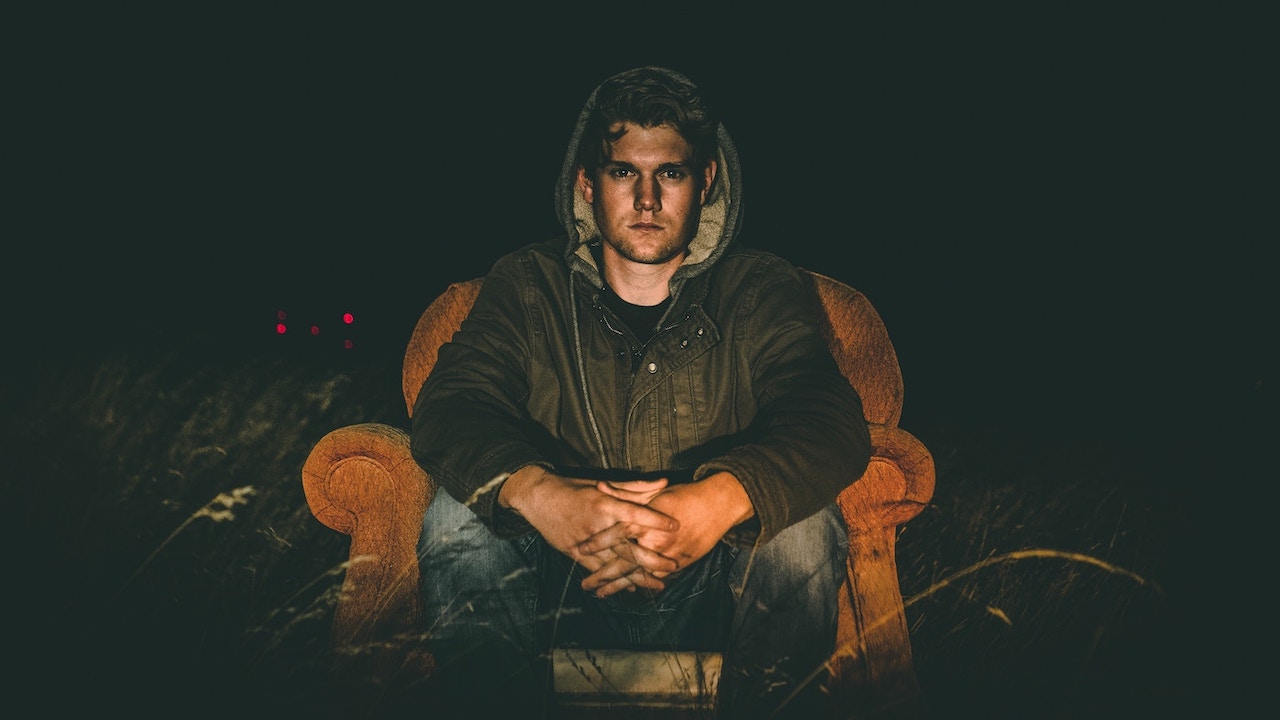Radical Recovery is Radical Freedom
We all use substances and processes to modify our experience in the moment. Sometimes it progresses from a temporary relief, fun, or a simple distraction into addiction.
There is difference between an ice cream on a sunny afternoon and binge-eating a pint alone in our room. Between enjoying a movie and binge watching Netflix to fill the emptiness of our life.
With addiction, we lose control. We use despite the negative consequences. We can’t stop.
When we REALLY need to get away from the present moment, we use more extreme measures. Extreme can mean more – from weekend social drinking to whiskey in our morning coffee. We up the level of intensity – from pot to heroin.
Some addictions create a grey, unfulfilled life. Some kill us and others. Opioid overdoses in the US are now killing more people than AIDS in the height of that epidemic.
I need out of here!
Events that were overwhelming at the time they happened are stored in our bodies as traumatic energy velcroed to thoughts (words and images). We feel we must avoid intense sensations. Sensations paired with angry words can feel like we are or deserve to be punished. We become afraid of feeling energy in our own body.
We manage this in a variety of ways. If things are too intense and we are hypervigilant, we may dissociate or look for something to numb. If we are hypo or depressed, we may turn to stimulants to help us feel alive.
Trauma causes disconnection from ourselves and from the present moment.
Neglect and subtle but chronic abuse have lasting effects. We develop deficiency beliefs like “I’m unlovable” according to our lived experience, what we “know” to be true.
We escape, mute or numb with substance addictions like food, alcohol and other drugs. We can do the same with processes like gambling, porn, shopping, overwork. Some ways are more socially accepted than others.
Radical Freedom
Watch Dr Gabor Mate explain trauma and the effect of disconnection from ourselves and from the present moment.
The issue is that we respond to trauma in predictable ways. Our nervous system and primitive brain run the show. We live in a culture that supports escaping and does not support turning toward and feeling.
We need safety, a sense of possibility, tools and support to heal underlying trauma.
Scott Kiloby speaks about recovery beginning with lighting the fire for real freedom. It is a lightness in your body, open and more able to be yourself.


